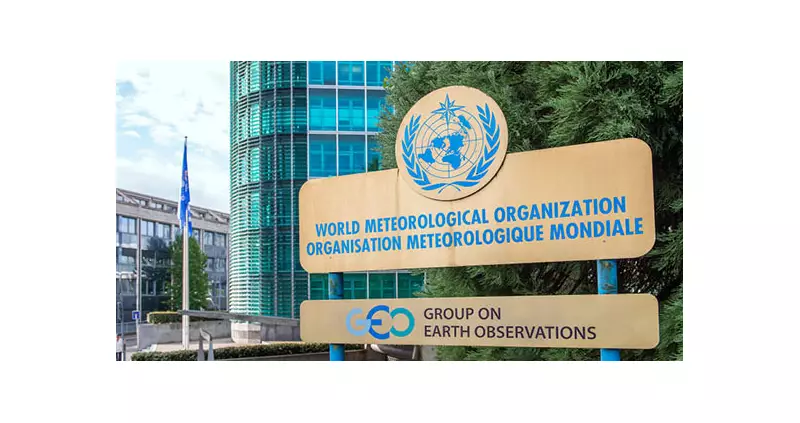
The World Meteorological Organization has issued a stark warning that could send temperatures rising across Nigeria - 2025 is projected to be the country's second hottest year since records began.
This alarming prediction comes as part of a global pattern of escalating temperatures, with the WMO indicating that Nigeria will experience significantly above-average heat throughout the coming year. The implications extend far beyond mere discomfort, touching on public health, agriculture, and economic stability.
What This Means for Everyday Nigerians
The rising temperatures pose serious challenges for millions of Nigerians. Extended heatwaves could lead to increased cases of heat-related illnesses, particularly among vulnerable populations including the elderly, children, and those with pre-existing health conditions.
Agricultural sectors face potential disruption as crops struggle with extreme heat and changing rainfall patterns. Farmers may need to adapt their planting schedules and consider heat-resistant crop varieties to maintain food security.
The Bigger Climate Picture
This prediction aligns with global climate trends showing consistent temperature increases year after year. Nigeria's experience mirrors what many developing nations are facing - the harsh reality of climate change impacts despite contributing minimally to global emissions.
Urban areas like Lagos, Abuja, and Kano may become heat islands, where concrete and limited green spaces amplify the effects of rising temperatures. Residents in these cities could experience even more intense heat than surrounding rural areas.
Preparing for the Heat
Health authorities are advised to develop comprehensive heat action plans, including early warning systems and cooling centers for vulnerable communities. The public should prepare by:
- Staying hydrated throughout the day
- Avoiding strenuous outdoor activities during peak heat hours
- Using appropriate cooling methods in homes
- Checking on elderly neighbors and relatives regularly
This WMO forecast serves as a crucial reminder that climate adaptation measures are no longer optional but essential for Nigeria's future resilience and development.






